

DWeb Seminar 2025
Current Science & Grand Challenges August 13-15, 2025 @ Internet Archive, SF
Invite-Only
DWeb Seminar: Current Science & Grand Challenges is a three-day technology- and science-intensive for ten advanced decentralized web builders and researchers. The goal is to map the current DWeb technological landscape, learn from each other, and define the challenges ahead. The group will then present their findings to the public and collaborate with the community in a separate two-day event at the Internet Archive in San Francisco, including an unconference, talks and workshops. Your work will result in a white paper presenting a roadmap of what challenges still remain to be solved.
Participants from different specialities, guided by two research directors, will live together, cook together, eat, present, debate, and dive deeply into a set of technical discussions created to catalyze forward progress.
Who
DWeb Seminar 2025 is led by Research Director, Professor Christian Tschudin, Associate Research Director, Andreas Dzialocha and Research Editor Dmitri Zagidulin.
-

Christian "cft" Tschudin crypto data software sync
Diploma in Mathematics; PhD in Computer Science; PostDoc at ICSI, Berkeley; Assoc. prof. at Uppsala University, Sweden; Since 2002 full professor at the University of Basel, Switzerland. Research interests: distributed systems, computer neworks, mobile code, Secure Scuttlebutt (SSB), metamorphic software ("how to securely use your computer post-compromise"). Radio amateur.
-
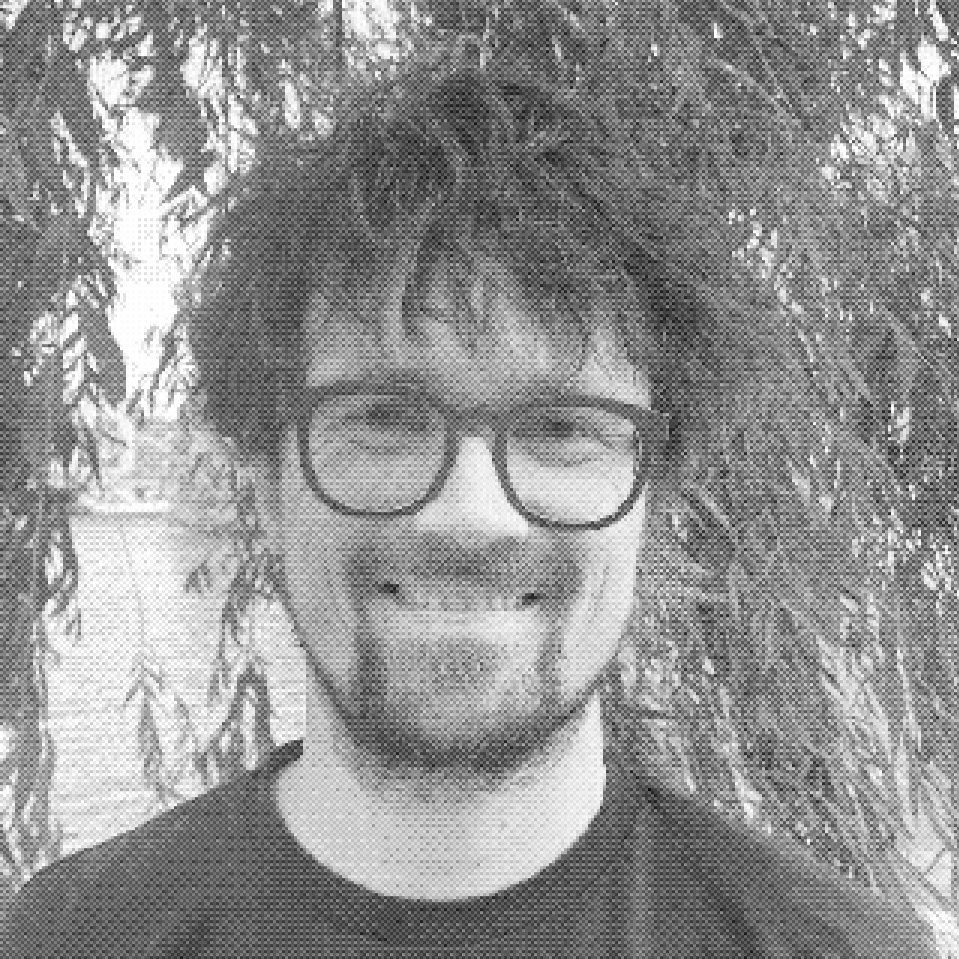
Andreas "adz" Dzialocha auth crypto data database software sync
Working on p2panda (building blocks for p2p applications), Toolkitty (coordination app for collectives, organisers and venues), Reflection (collaborative, local-first GTK text editor) and Modal (collective for emancipatory software - modern, p2p Linux mobile / desktop with folks from PostmarketOS and Gnome)
· adz.garden · p2panda.org · modal.cx
-
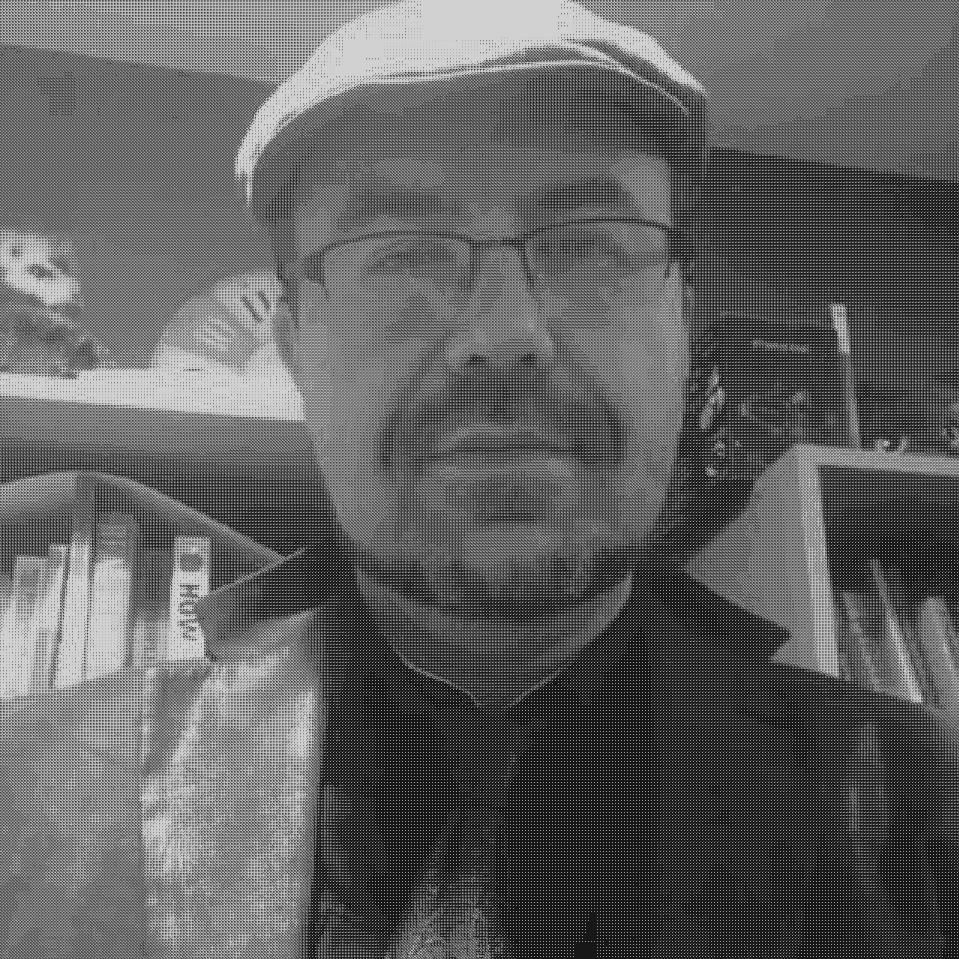
Dmitri Zagidulin auth crypto data database identity software sync
Working on open standards (W3C, IETF, DIF, OIDF) and FOSS software in the area of decentralized encrypted storage and access control, verifiable credentials and identity, and anything to do with cooperatives. Loves the ocean and anything to do with water, books, and anarchic tech.
The event is produced by DWeb organizer Wendy Hanamura, stewarded by Kevin Nguyễn and Scott Garrison and sponsored by the Internet Archive.
-
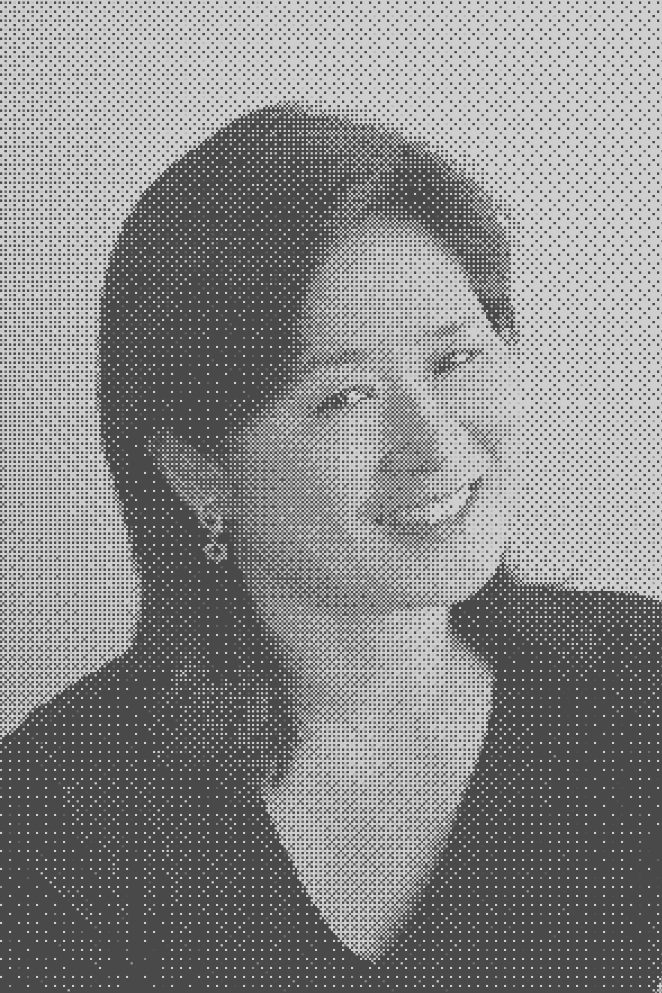
Wendy Hanamura
Wendy is a storyteller for social change. For almost a decade she was Director of Partnerships at the Internet Archive. Executive Producer of Decentralized Web Summits (2016, 2018) and DWeb Camps (2019, 2022-24). She's worked as a television journalist & media executive for Time Magazine, CBS, PBS, NHK Japan, KCET, and LinkTV. She loves telling stories through events: weaving together concepts, people, movements, and technologies into something life changing.
-

Kevin "kev" Nguyễn
void temporarily made human. dweb digital handyman and steward
-

Scott "nanomonkey" Garrison crypto data database discovery software sync
Physicist, and software engineer of 25 years, interested in the intersection of open source, peer-to-peer, mesh networks, CRDTs, encryption and triple store databases.
Ten technologists and researchers have been selected, drawing from cornerstone technologies to ensure that deep knowledge of cryptography, CRDTs, access control, anonymity, replication, discovery, identity and databases will be represented.
-
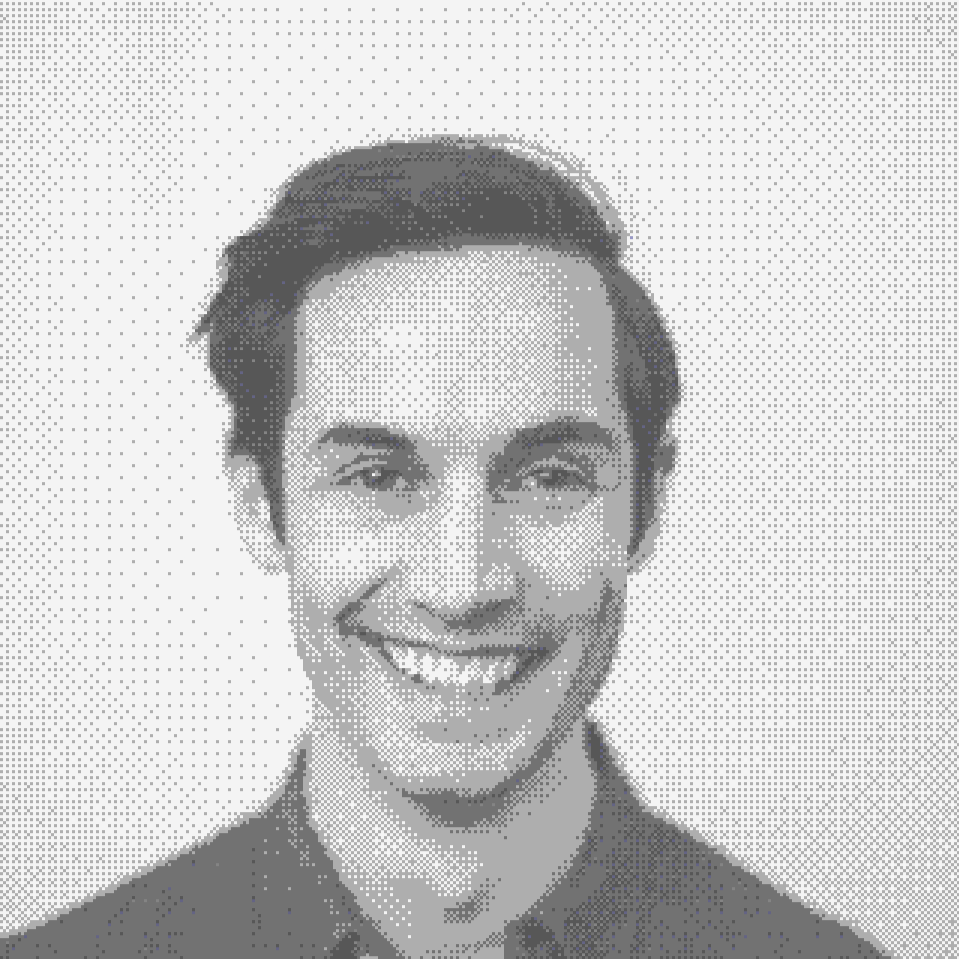
Brendan "b5" O'Brien auth data discovery identity software sync
caretaker at number 0, we work on iroh.computer
-

David "dave" Thompson auth databse identity software
David Thompson is the CTO of the Spritely Institute, a US based nonprofit and research institution that is developing new technologies for the decentralized web. David leads Spritely's engineering team and contributes to the development of the Goblins distributed programming framework and the Hoot Scheme-to-WebAssembly compiler.
-

Duke Dorje auth crypto data identity software sync
I have a background in distributed systems, infrastructure (devops), cryptoeconomics, applied cryptography (PGP corp), and I'm pretty good at hacking together systems. I've done work at large companies, small startups, and radical semi-anonymous DAOs. I've been building IdentiKey for the past several years, a system of protocols and products that exists to address the roots of incumbency in our digital spaces through applying web3-style tech to identity and data ownership. I believe with the right tooling, a silent majority of people who have a subtle sense of 'wrongness' in using the corporate internet can come together and create affectively different kinds of spaces that don't have the twisted incentives that stem from the user extraction / attention economy / surveillance capitalism paradigm. I'm currently writing a post-quantum proxy recryption library for sharing data that's highly available but without a trusted cloud provider.
-

Eric Harris-Braun auth data discovery software sync
Eric Harris-Braun co-founded Holochain, Holo & the MetaCurrency project, each of which focus on a different layer of technical infrastructure for embodying a new economy. Holochain delivers a massively scalable framework for truly distributed web applications, which Holo uses to provide HoloFuel a value-stable currency backed by the productive capacity of web hosting, while the MetaCurrency project delves deep into the post-monetary currency designs to foster a more thrivable world.
-

Greg Slepak auth crypto identity software
Greg Slepak is a software engineer interested in protecting people's information. He got his start securing data at rest with an app called Espionage — user-friendly folder encryption and plausible deniability for Mac users. He moved on to securing data in motion, creating DNSChain and defining DPKI (decentralized public key infrastructure), a vision to fix the inherent security flaws in HTTPS. His latest work is Shelter Protocol, a way to build any web app that is end-to-end encrypted, decentralized, and user-friendly.
-

Matthew Weidner crypto data sync
Matthew is a software developer at Common Curriculum, Inc., where he works on a real-time collaborative app for teachers. He is also a PhD student in absentia at Carnegie Mellon University. Matthew is interested in everything CRDT and hopes to one day make FOSS collaborative apps a reality. He writes a developer-focused blog at mattweidner.com.
-
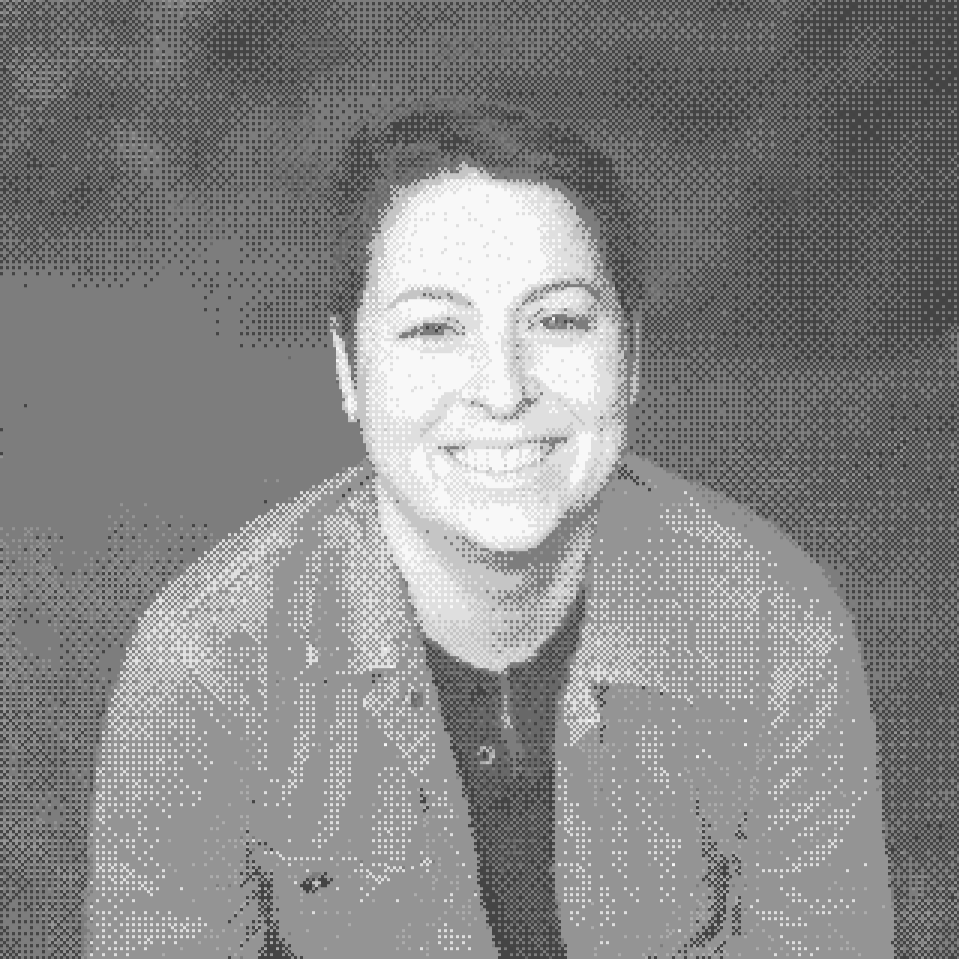
Rae McKelvey crypto data discovery identity software sync
Rae is an engineering leader and researcher whose work has been featured in PLOS, Nature, the New York Times, WSJ, and NPR. She bridges theory and practice, specializing in distributed systems, peer-to-peer networks, offline-first apps, security, and circumvention technologies.
-
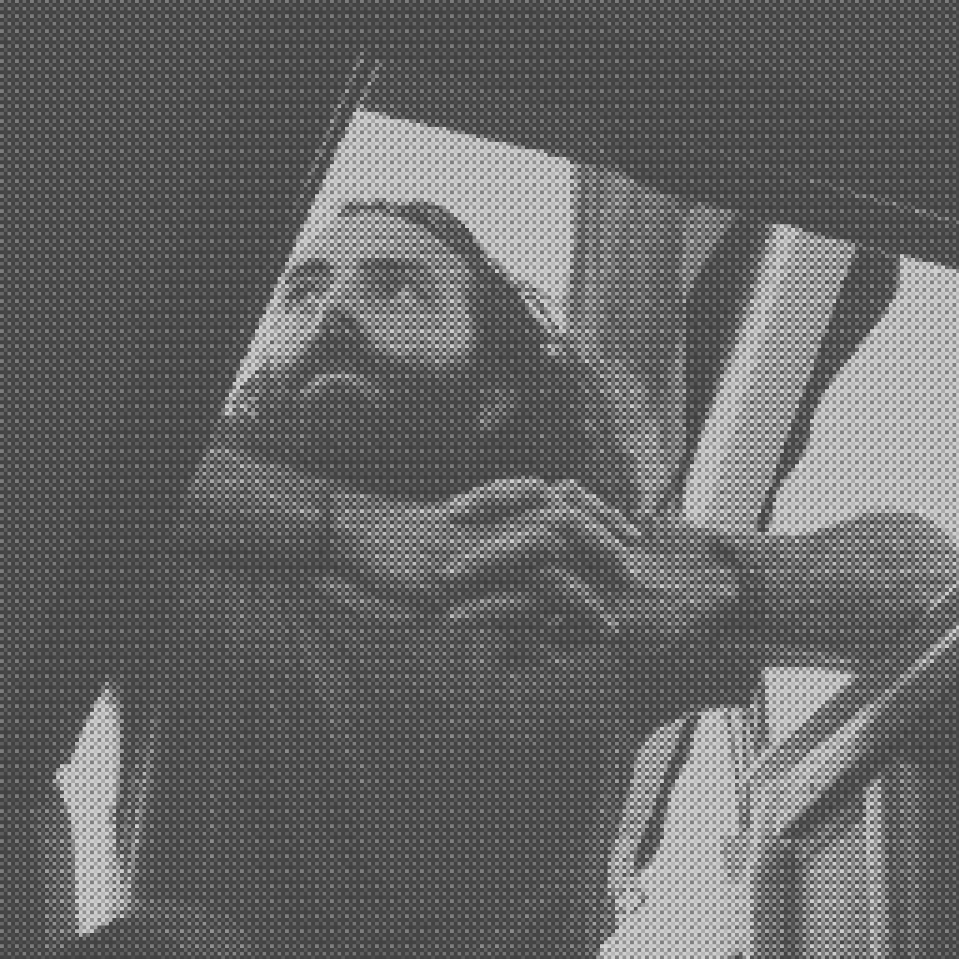
Santiago "santi" Bazerque auth data database law & economics software sync
I'm a computer scientist and small business owner from Argentina. I work on Hyper Hyper Space, a sync engine focused on: Authority decentralization: full peer autonomy and BFT sync - Post-CRDT consistency: modeling non-monotonic data in a coordination-free setting. My plan for this year is releasing a new version of the engine, and leveraging our new data model to be able to plug the sync engine into traditional storage systems, with modest adaptations/limitations on the app side. The end goal is having DX-parity (or close!) with traditional centralized systems.
-
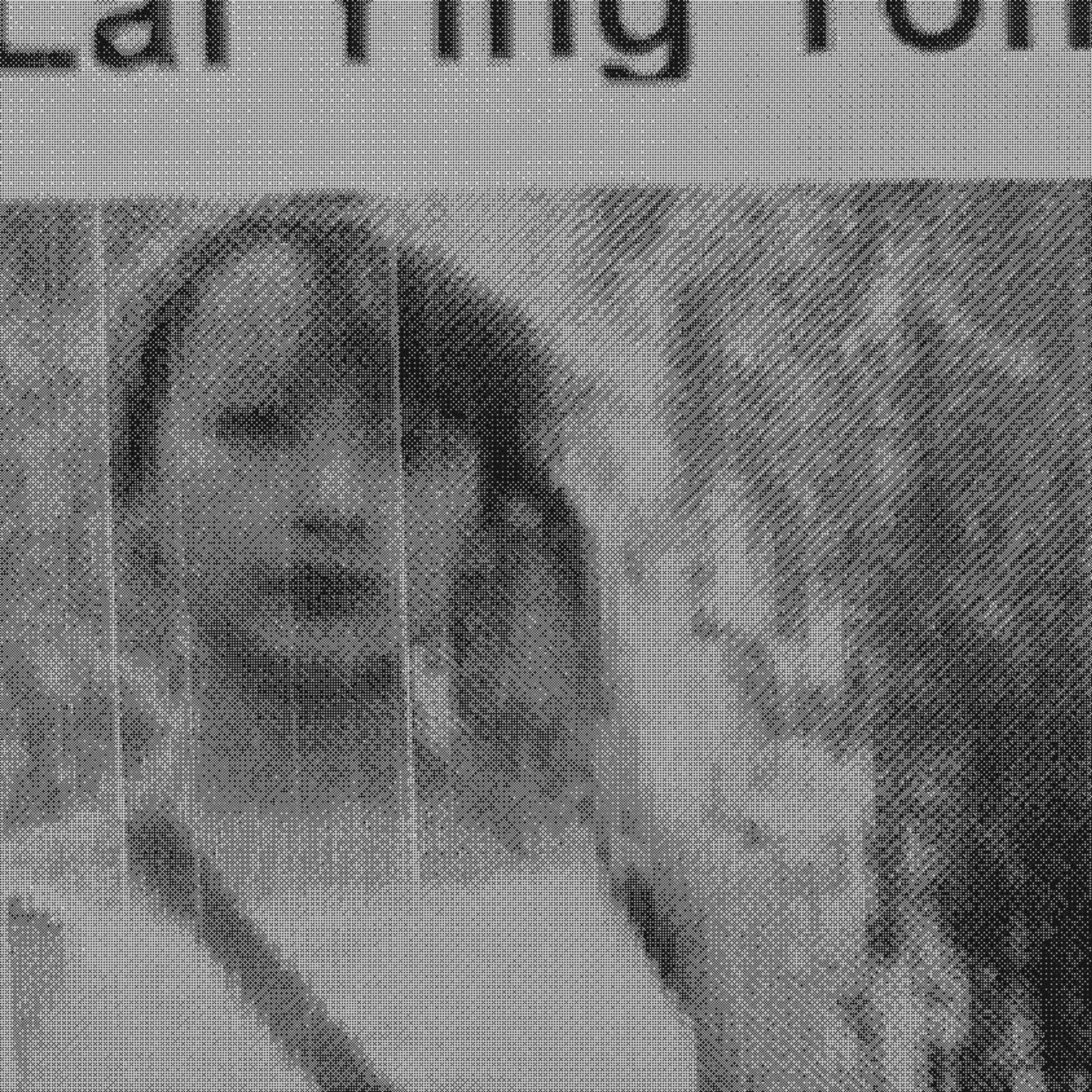
Ying Tong Lai crypto identity
Ying Tong is an applied cryptographer working on privacy for coordination and purpose limitation. She is interested in real-world applications and better methods for threat modelling and inclusive design. She has worked on financial privacy, privacy-preserving digital identity, and protocols for zero-knowledge proofs and multi-party computation. She is also a contributor to the ZKProof Standards effort to standardise generic zk-SNARKs.
Why
After more than ten years of pioneering work towards a genuinely decentralized and distributed system, it is time to revisit what the DWeb has achieved thus far. The goal of this seminar is to collect and solidify the insights gained over the last decade and to identify the immediate challenges ahead of us. We have identified immutable data, cryptographic identities, convergent data structures, and an abundance of in-networking memory as foundational for a decentralized web. All these concepts, which were not available when the Internet was born, today allow us to dare a radical redesign of a distributed system that is offline-first, permissionless, trustworthy and resilient.
Where
The DWeb Seminar will take place in an intimate environment where we hope to get to know each other better and build a shared understanding. Brewster Kahle, founder of the Internet Archive, has kindly offered us his house in San Francisco’s Presidio, where most of the seminar will take place. There we can cook together, present, debate and dive deeply into our adjacent work.
When
Wednesday, August 13 - Sunday, August 18, 2025
August 12 @ Internet Archive Headquarters, SF
optionalArrival day for research group participants; accommodations at the Internet Archive or the home of Brewster Kahle
August 13 @ Brewster Kahle’s home, SF
invite-onlyResearch Group Gathering Day 1: "Input" Presentations and inputs from participants and invited guests
August 14 @ Brewster Kahle’s home, SF
invite-onlyResearch Group Gathering Day 2: "Analysis" Moderated discussions, work towards the white paper
August 15 @ Brewster Kahle’s home, SF
invite-onlyResearch Group Gathering Day 3: "Synthesis" Work towards the white paper, defining next steps
August 16-17 @ Internet Archive Headquarters, SF
public optional"Public days" Sharing our findings, unconference, workshops, presentations
Our Outputs

We ask you to seek understanding, challenge your own and other's ideas, and work towards a precise definition of the recognized challenges in the DWeb ecosystem. What needs solving before we can build and distribute "real" robust decentralized systems at scale – as far as possible - with no federation, no intermediaries, perhaps even no internet!
The challenge for the group will be to think about the current “state of things" and solutions, and identify what is really missing. We're aiming to articulate a very precise definition of the problems, as detailed as it needs to be for publication in a high quality journal article.
An "editor" will be responsible for gathering the results of the group and honing it into an article that will be suitable for a wider public audience. "Moderators" will make sure that the group stays on track and gets to the point where challenges can be clearly addressed. Every participant will have access to the "living document," which we’ll use as a "mirror" –a reference point for our discussions and current state of the group's work.
On the last two days (Saturday-Sunday, August 16-17) we will present the (work-in-progress) results of the group at a public DWeb Weekend at the Internet Archive. The audience will then be invited to continue the discussion around the document via an "unconference" and contribute their input, which will also be woven into the document.
If you want, you are also invited to present your work in a talk or offer a "hands-on" workshop on your technologies to a wider audience.
After the sessions and public event, the document will be reworked and refined by the editor, together with an editorial team drawn from the group. The document will be published in a form and venue which is still to be decided with all participants; currently we are contemplating arXiv.org and/or a submission to a journal.
Our Expectations
Participants must:
- Come ready to share and learn
- Participate fully for three Seminar days (August 13, 14, 15) – no partial attendance will be allowed
- Participate in Public Days (Sat-Sun) – Optional
- We will pay for your housing, food, and instructions, but you would be responsible for all transportation costs
- Present a short (15 minutes) “input” talk to provoke discussion – or “lessons learned” from your work
- Participate in writing and editing of the survey article, led by our editor, and intended for future publication
- Attend an orientation video call 1:1
- Abide by our “mantras”
Our Mantras

The DWeb Seminar 2025 is a special, intimate gathering and we want to create a safe atmosphere in which everyone can take great risks. This is a list of the philosophical "mantras" we've identified which give you a window into the environment we hope to foster:
- Decentralized systems have a long history but pushing them to the edge of adoption is still highly experimental. We are in the middle of a great deal of experimentation, so right now there's rarely one solution–rather pros and cons depending on the use case; so let's be precise and define the current state.
- Let's try things out and allow ourselves to be "wrong" with our assumptions. It is perfectly okay if you do not know the “correct” answers. We can try to formulate theoretical technical directions and help each other to solidify ideas still in the formative phase.
- It might seem as if we all work on the same concepts, but mentally we have very different approaches to these areas of technology. So be patient, try to communicate as openly as you can, try to listen to the best of your ability, offer yourself to "translate" between people if you feel you can help bridge understanding.
- This is not a place to sell people your protocol or "product" We are all lead developers or core protocol designers, deeply invested in our research and communities and are not likely to change our paths.
- Even though we all wear different hats, every participant is equal, everyone is an expert in something, and every opinion and contribution counts.
- Nothing is recorded via audio or video because we want everyone to feel safe to express themselves freely; only things we all agree upon will leave the room.
- Participating in the seminar comes with a responsibility: this is fun but also work and requires everyone to be on their toes, so let's dive into this together.
Program
"Input"
-
08:00Breakfast
-
09:00Official welcome
-
09:30Invited keynote
-
10:00Q+A, Break
-
10:30Input talk by Andreas Dzialocha
-
11:00Input talk Rae McKelvey
-
11:30Input talk Brendan O'Brien
-
12:00Input talk David Thompson
-
12:30Lunch (incl. preparation)
-
14:00Input talk Ying Tong Lai
-
14:30Input talk Greg Slepak
-
15:00Input talk Santiago Bazerque
-
15:30Input talk Michael Toomim
-
16:00Break
-
16:30Input talk Matthew Weidner
-
17:00Input talk Duke Jones
-
17:30Input talk Christian Tschudin
-
18:00Input talk Eric Harris-Braun
-
18:30Joint debrief and outlook day 2
-
19:00Announcements
-
Dinner
"Analysis"
-
08:00Breakfast
-
09:00"Analysis" goal, unconference
-
09:30Unconference building
-
10:00Slot 1: A + B
-
10:30Slot 2: A + B
-
11:00Break
-
11:30Slot 3: A + B
-
12:00Editorial "pit stop" / report structure
-
12:30Lunch (incl. preparation)
-
14:00Are we well under way?
-
14:30Unconference continues, and / or lighting talks, and / or ...
-
16:00Break
-
16:30...
-
18:00Joint debrief & outlook
-
19:00Announcements
-
Dinner
"Synthesis"
-
08:00Breakfast
-
09:00"Synthesis" goal, "work groups"
-
09:30Parallel work groups. Examples:
WG1: predict the future (5+10yr)
WG2: textbook TOC for students
WG3: sharing infrastructure, ... social aspects, standardization, state of CRDT, ... -
12:30Lunch (incl. preparation)
-
14:00Work groups continue
-
16:00Break
-
16:30Joint work group status
-
17:30Preparing Sat public unconference
-
18:30Joint debrief and wrap up
-
Dinner
